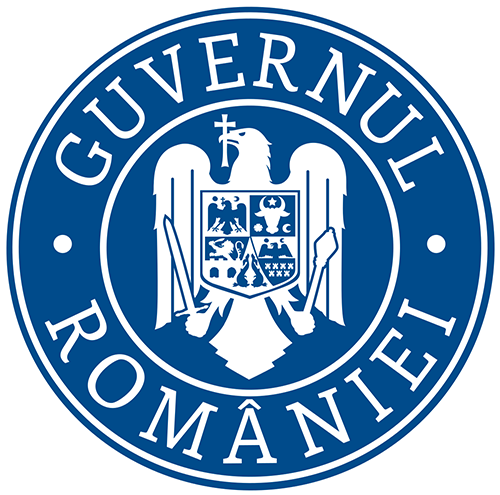The European Institute of Romania (EIR) has organised on Wednesday, July 17th, 2024 (11:00 AM-12:30 PM) an online event via Zoom that focused on the Space Regulation and the Future of European Space Policy. European and Romanian Contributions. This debate was part of the Dialogues@EIR series and aimed to inform the general public about the significance and the contribution of EU’s space for economy, security and defence.
The event was inaugurated by Oana-Mihaela Mocanu, Director General of EIR. The distinguished panel included Sorin Ducaru, Ambassador and former Director of the European Union Satellite Centre (EU SatCen); Alexandru Mironov, writer, journalist, and member of the Scientific Editorial Board of Science and Technique magazine, and former Minister of Youth and Sports; Tudor Mihăescu, PhD in History and Curator at the Admiral Vasile Urseanu Astronomical Observatory in Bucharest, and recipient of the Sacknoff Prize for Space History; and Mihaela-Adriana Pădureanu, Expert within the Studies Unit (EIR), who also moderated the event.
Context:
In recent years, the strategic importance of space has grown significantly, underscoring the need for a systematic approach by the European Union. In March 2022, the Council of the EU approved a document titled A Strategic Compass for Security and Defence – For a European Union that protects its citizens, values, and interests, and contributes to international peace and security, formally recognizing space as a strategic area of interest. A year later, on March 10th, 2023, the European Commission and the High Representative presented the European Union’s Space Strategy for Security and Defence to the European Parliament and the Council. This strategy highlights the critical role of space in security and defence, outlines key threats in space, and mentions measures to strengthen the resilience and protection of the EU’s space systems and services. Beyond its relevance to defence and security, space also plays a vital role in enhancing the European Union’s competitiveness, as recognized by the EU Council’s conclusions on Strengthening Europe’s Competitiveness through Space adopted on May 23rd, 2024.
Key Discussion Points:
- With the adoption of the Strategic Compass in 2022, the European Union identified space as a strategic domain for Europe’s security and defence. The document formally acknowledges the need to protect critical space infrastructure, including communication, observation, and navigation satellites, from potential threats.
- The European Union operates two centres coordinating its space activities: the European Union Satellite Centre (EU SatCen) and the European Union Agency for the Space Programme (EUSPA).
- EU SatCen, with an operational role, is responsible for implementing the EU’s space objectives, providing essential satellite imagery and geospatial services for monitoring and analysing global events, thereby supporting the EU’s security and defence policies. SatCen’s activities are crucial for border surveillance, crisis management, and the protection of critical infrastructures.
- EUSPA focuses on foreign policy and economic development aspects related to the EU’s space program. It manages and coordinates satellite navigation programs like Galileo and EGNOS (European Geostationary Navigation Overlay Service), which provide critical services for transportation, communication, and other economic sectors. EUSPA plays a key role in promoting international cooperation and fostering innovation in the European space sector.
- In 2023, the Council of the EU approved the conclusions of the first EU Space Strategy for Security and Defence, a comprehensive document recognizing space as a potential domain of threat and confrontation, including military conflicts. This strategy emphasizes the need to develop space defence capabilities and enhance the resilience of space infrastructure against cyber and physical attacks.
- The recognition of space as a strategic domain reflects a growing awareness of the vulnerabilities of space infrastructure and its importance for both national and international security.
- The European Space Law is expected to be adopted in 2024, establishing an innovative legislative framework to regulate the use of space by EU Member States. This law will address a wide range of issues, from satellite launch and operation regulations to space debris management and cybersecurity of space infrastructure. Its adoption will mark a significant step for the EU in strengthening its space capabilities and promoting the sustainable and secure use of space.




